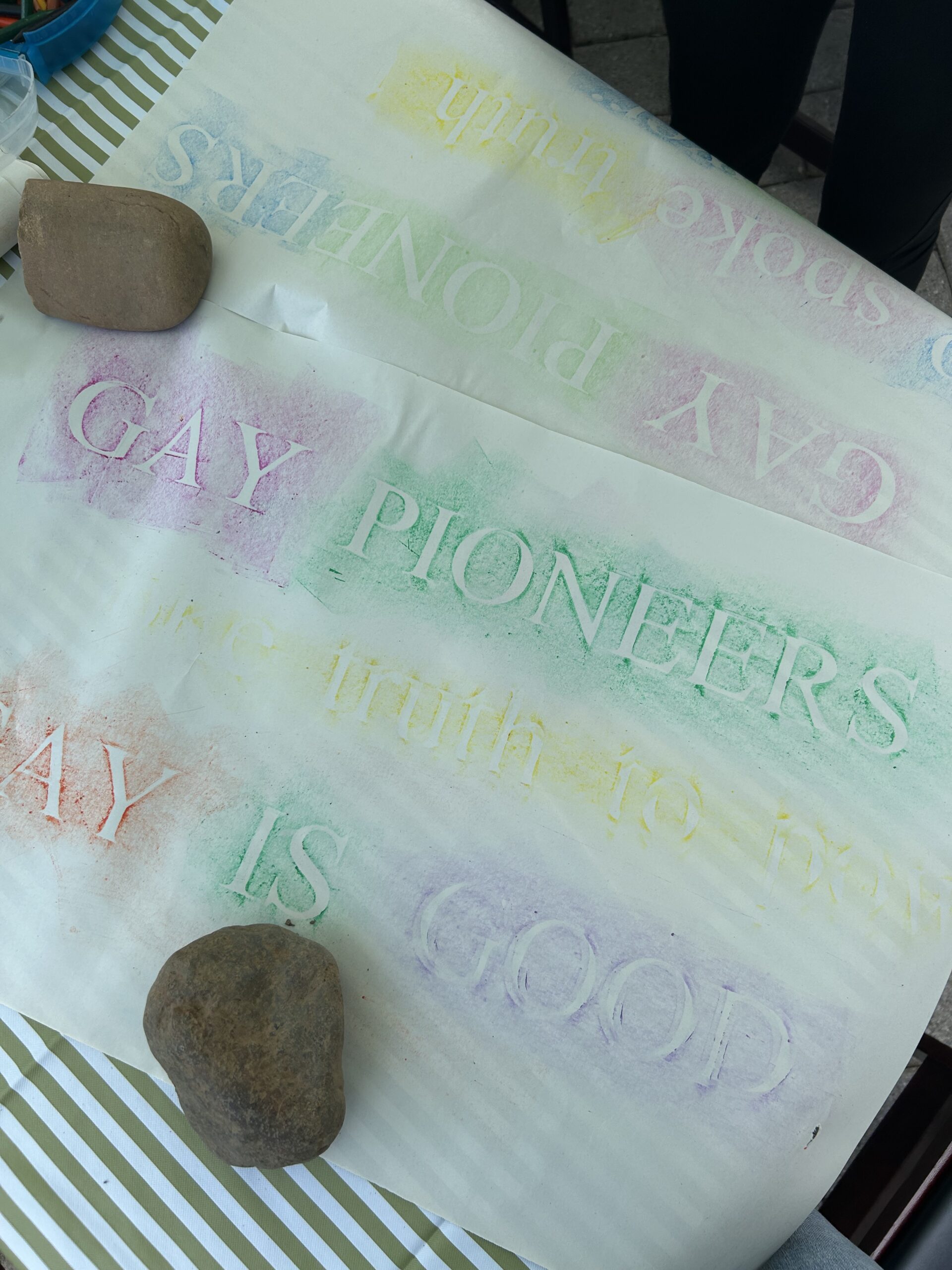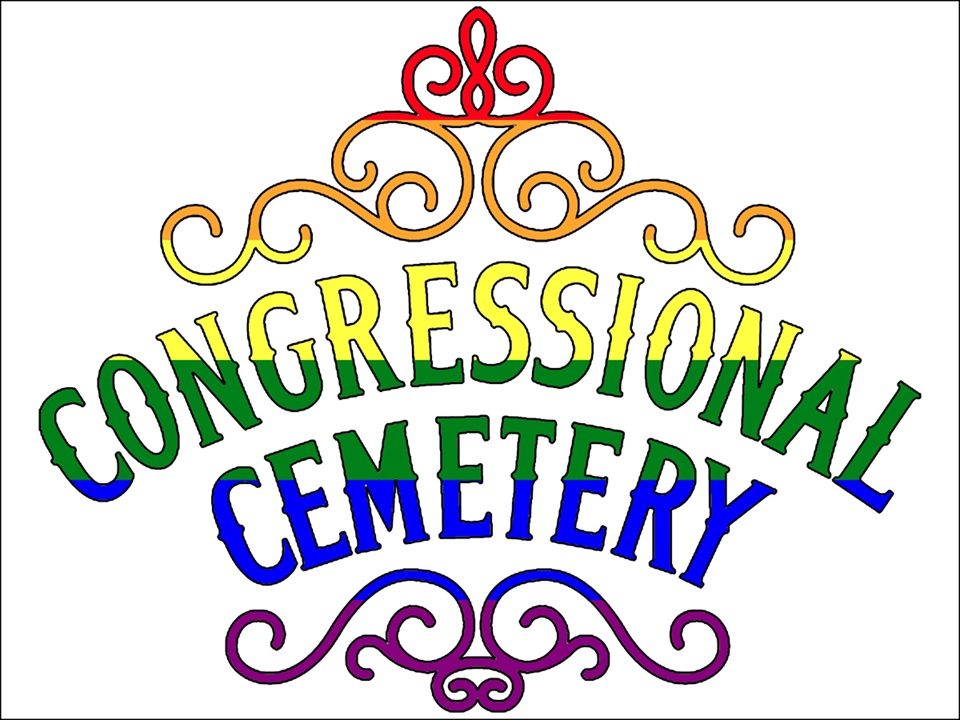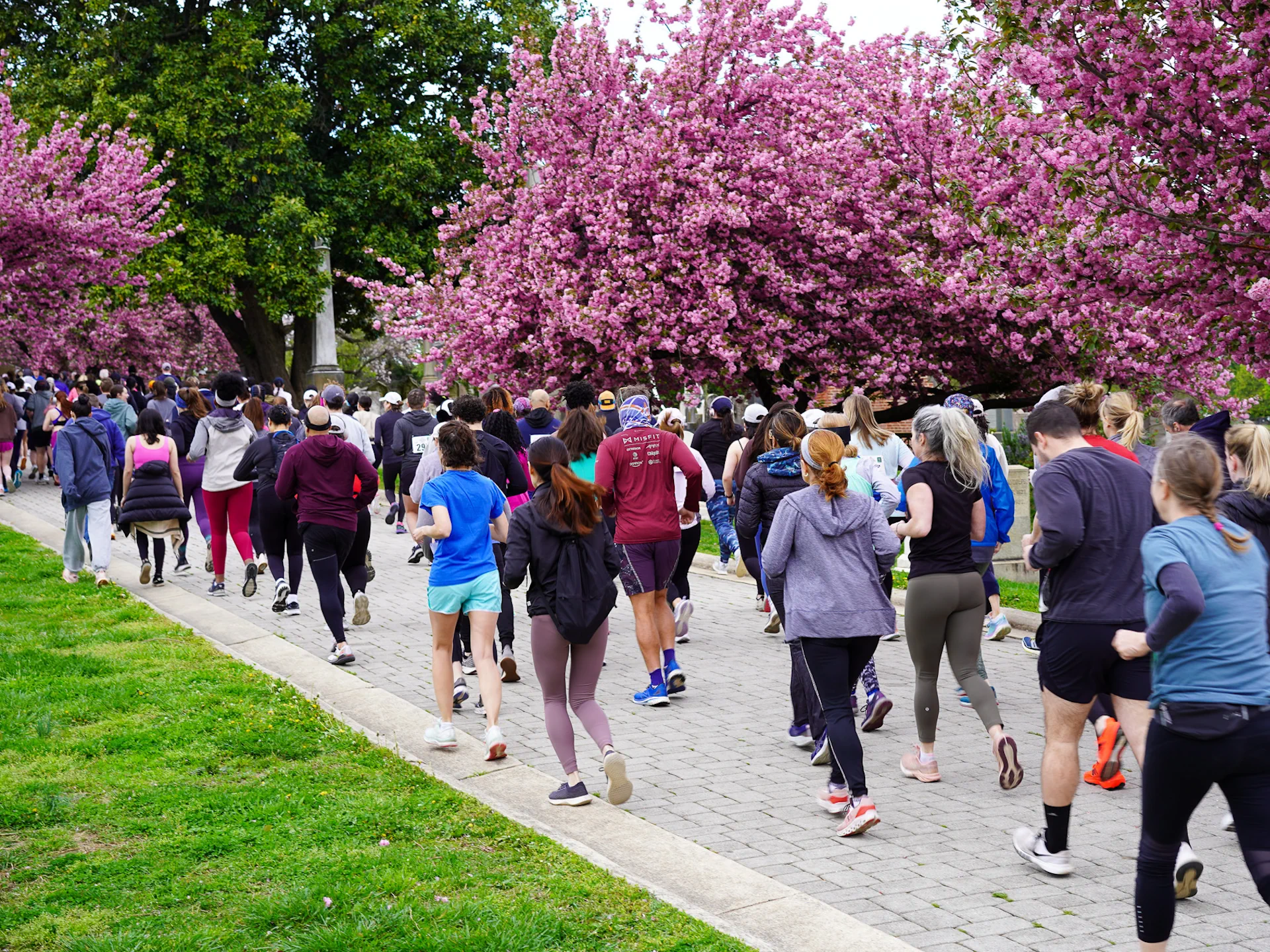Join Congressional Cemetery in laying wreaths for our Veterans on Saturday, December 13th, 2025. At Congressional, we remember our veterans. Over 1700 veterans from almost every major American [...]
The grave rubbings done during this workshop were under the supervision of staff members. Please do not attempt to do grave rubbings without the approval of a cemetery. Certain stones [...]
Congressional Cemetery Celebrates WorldPride with a Full Lineup of LGBTQ+ Programs and Events This May and June. Join us in commemorating LGBTQ+ history, honoring community, and celebrating Pride across our [...]
Cinematery is back at Historic Congressional Cemetery, bringing classic monster related films to romp through the grounds with Mausoleums and Monsters! Kick off summer on Friday, May 23rd with [...]
Congressional Champion Fulcrum Residential Fulcrum Residential is a nationally ranked real estate sales team that has helped over 2,500 clients buy or sell more than $1.4B of [...]
Thank you to everyone who joined us yesterday evening for the Community Meeting. Your valuable feedback is appreciated and will greatly assist us in charting the future course of the [...]
It's Back!! Love springtime in DC? Admire the breathtaking cherry blossoms, the stars of the season? Ready to get moving for a great cause? Join us for the 2nd [...]
“A grave is not hard for cities to forget, especially if they largely forgot the people when they were alive.” —Allison Meier, Grave Across Washington, D.C., several shopping malls, [...]
Across the 35 acres of Historic Congressional Cemetery, you'll discover not just the final resting places of many historical figures, but also a diverse collection of funeral art spanning [...]
Aligning with the peak blooms of Congressional’s three dozen cherry blossom trees, Washington D.C.-based artist Tommy Bobo, in conjunction with Congressional Cemetery, will present a site-specific sculptural installation at a [...]
president’s pick
July 1, 2025
stay up to date
When you sign up for our mailing list, you’ll receive closure notifications, event information, and general updates.














